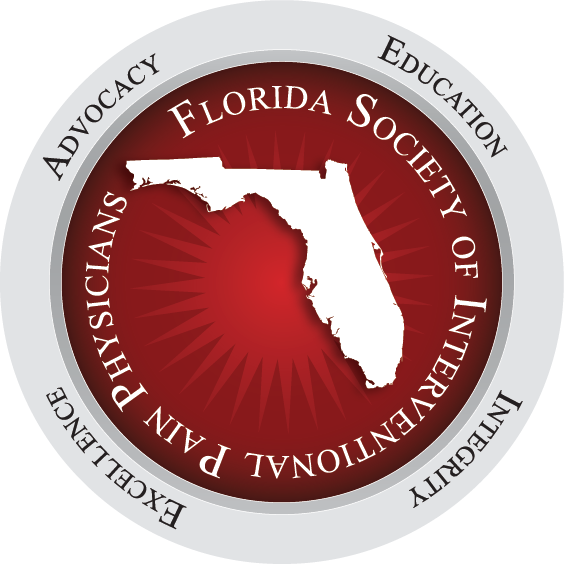On January 24, the FDA revised the emergency use authorizations (EUAs) for 2 monoclonal antibody treatments—bamlanivimab and etesevimab (administered together) and REGEN-COV (casirivimab and imdevimab)—to restrict their use to only when a patient is likely to have been infected with or exposed to a variant that is susceptible to these therapies. The treatments have been shown to be highly unlikely to be effective against the Omicron variant of concern (VOC), and because that VOC is currently responsible for more than 99% of COVID-19 cases in the US, “these treatments are not authorized for use in any US states, territories, and jurisdictions at this time,” the FDA said in a statement. As a result, the Department of Health and Human Services (HHS) has halted distribution of the therapies. However, the therapies could be useful in certain geographic regions or against new variants in the future. The FDA noted other therapies are available and expected to work against Omicron, including the monoclonal antibody sotrovimab, and the antivirals Paxlovid, remdesivir (Veklury), and molnupiravir. Late last week, the FDA expanded the EUA for the COVID-19 treatment remdesivir to include certain non-hospitalized adults and pediatric patients ages 12 and older with mild-to-moderate disease. Previously, the use of the intravenous antiviral was limited to hospitalized patients. Additionally, the FDA authorized the drug’s use for pediatric patients younger than 12 years of age who weigh at least 3.5 kg but under 40 kg who are at high risk for progression to severe COVID-19, including hospitalization or death. A 3-day course of the drug is recommended as a third option behind the oral antiviral Paxlovid and sotrovimab. A 5-day course of remdesivir is recommended for hospitalized patients who are not on mechanical ventilation or extracorporeal membrane oxygenation (ECMO), while critically ill hospitalized patients should receive a 10-day course.
A study in San Francisco this month found that rapid antigen testing using a nasal swab significantly outperformed other swabbing routes including throat or cheek swabs. Another study reported last week found that young adults performed worse on memory and attention tests after an acute case of mild COVID-19 supporting the complaint of “brain fog” reported by many COVID survivors. Most cognitive abilities tested — including working memory, executive function, and planning — were normal, but COVID-19 patients displayed significantly worse episodic memory for up to 6 months after infection and a greater decline in vigilance on a sustained task for up to 9 months than uninfected people.
CSSE is reporting 71,914,244 positive cases in the U.S. and 870,239 deaths. DOH reported for the week ending January 20, 5,280,903 confirmed cases in Florida with 63,763 deaths.



